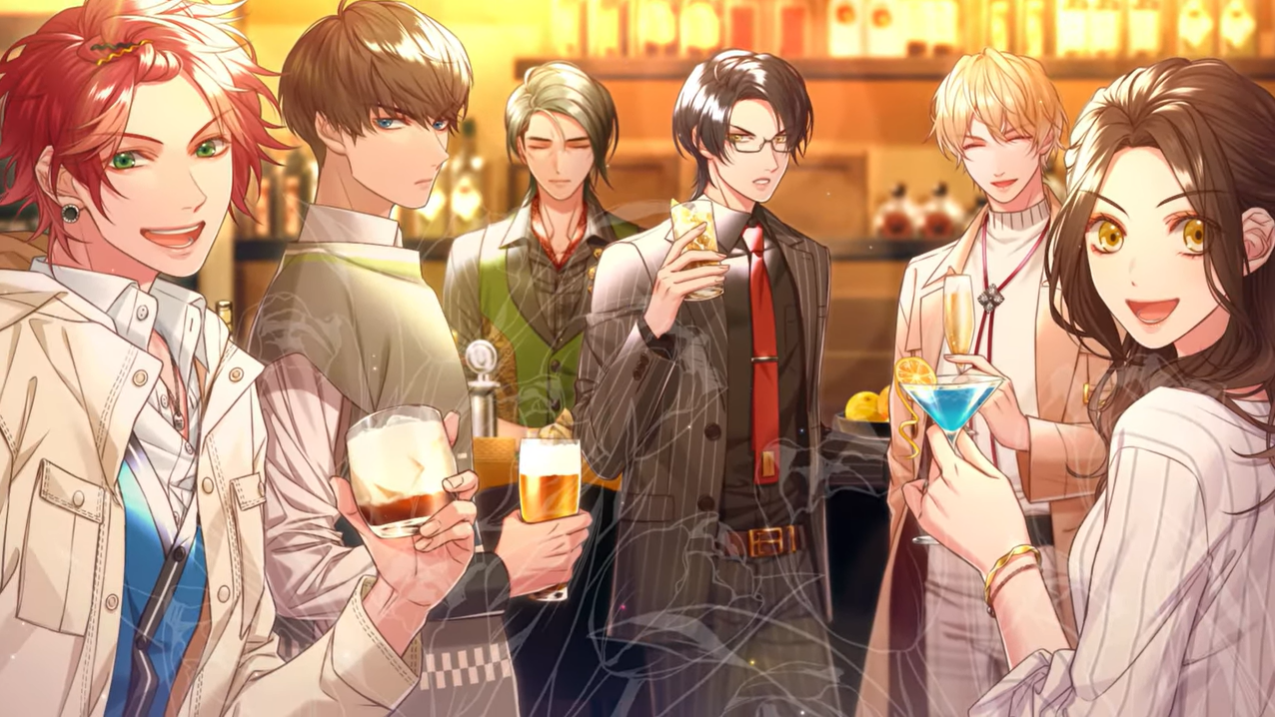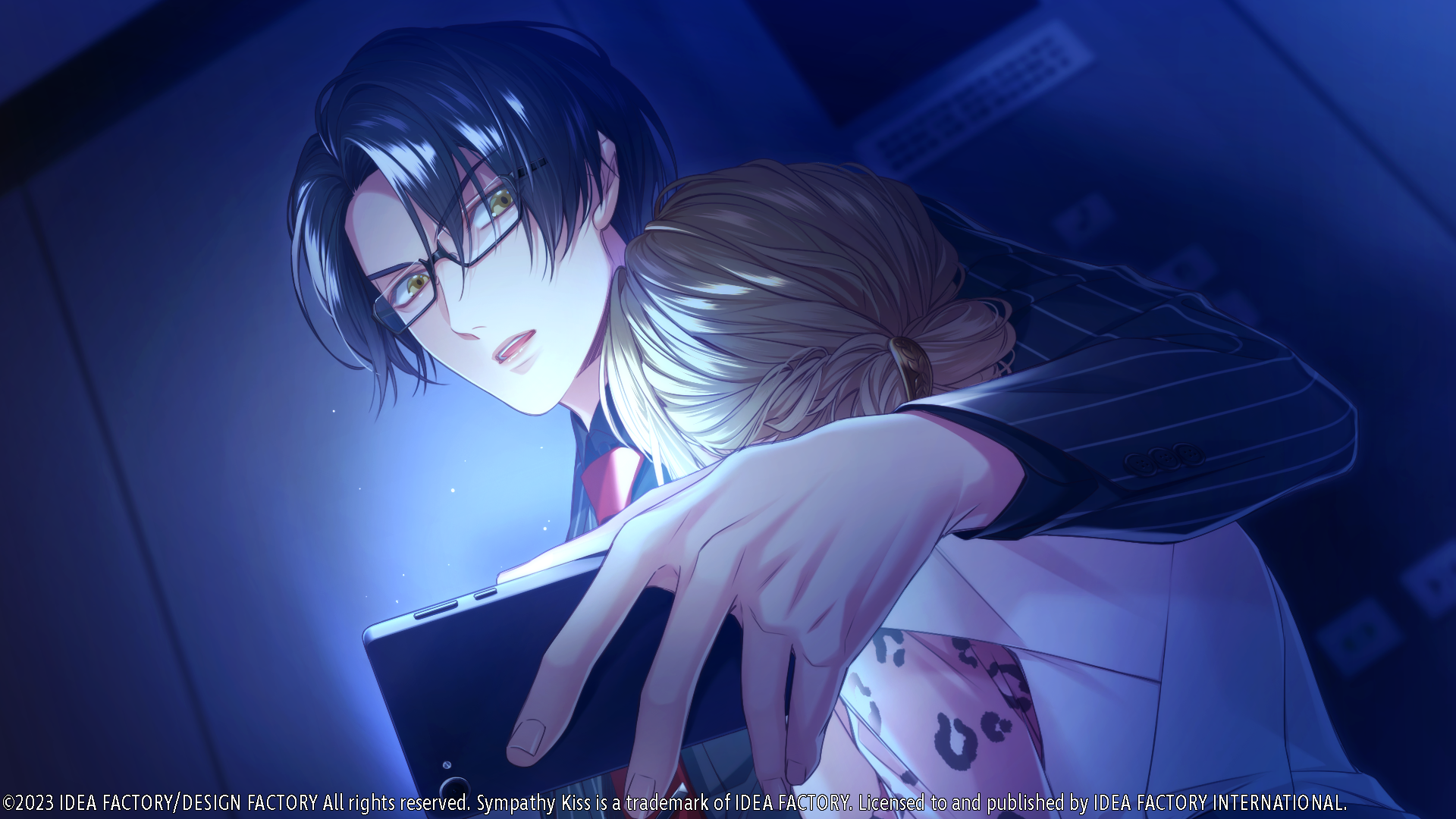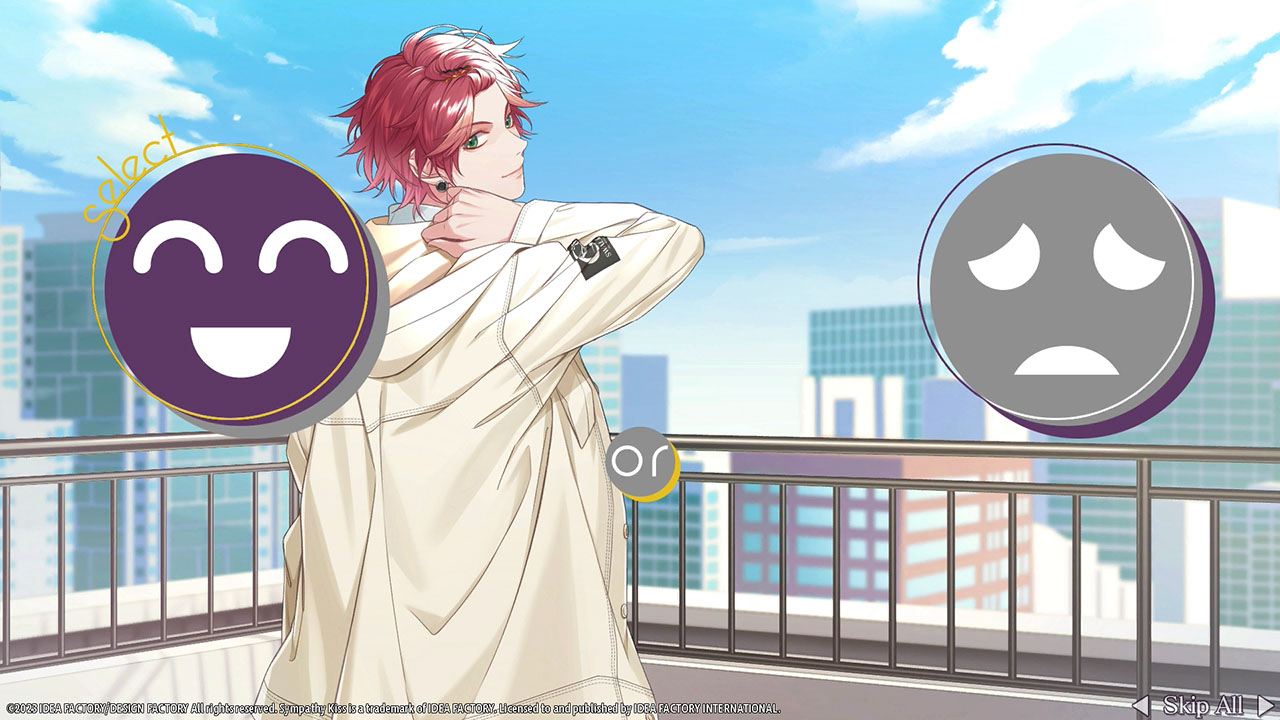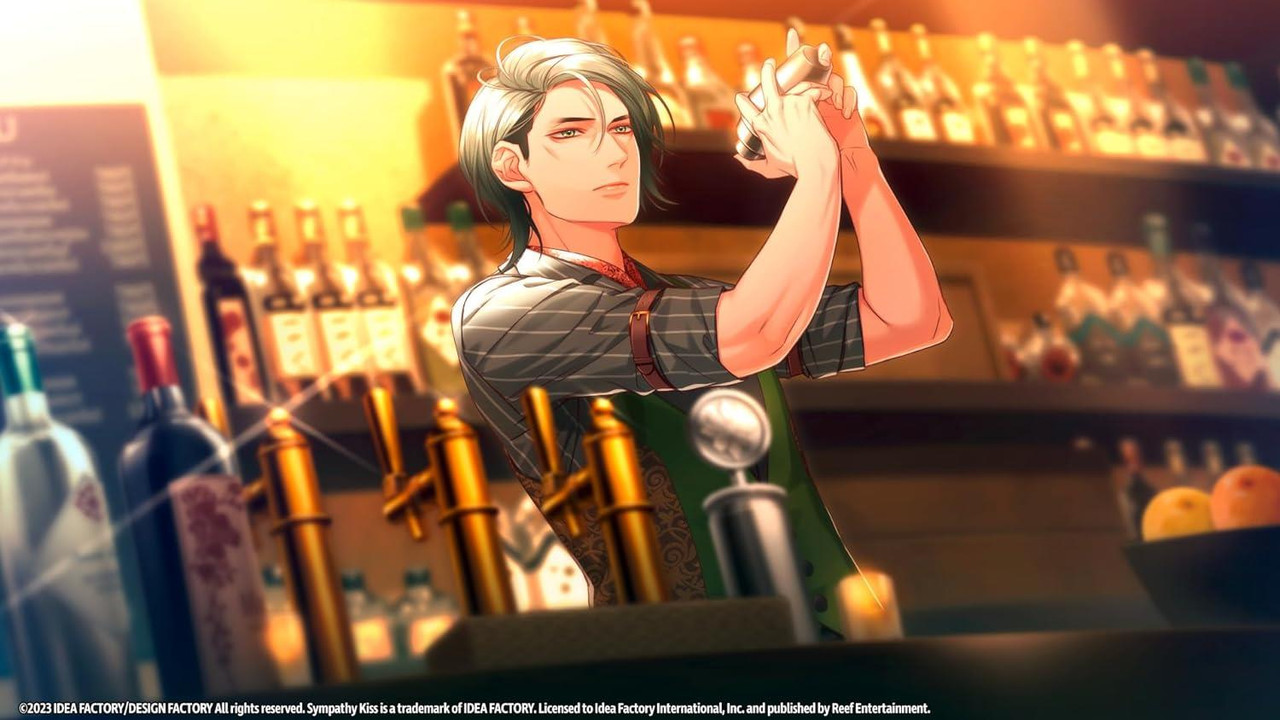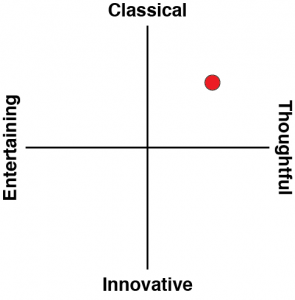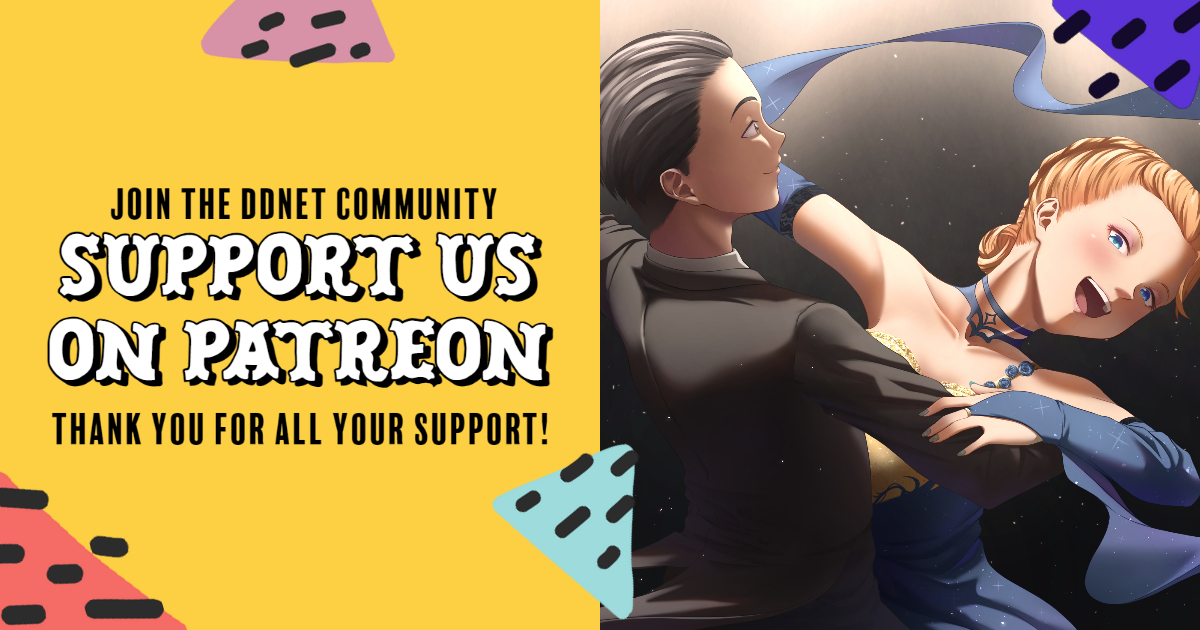Idea Factory and Otomate have brought us some incredible flights of fantasy over the years. There are the historical dramas, allowing us to hang out with and romance the Shinsengumi or Beinke. Then there’s the bright and bubbly Cupid Parasite, where you play as Cupid herself, or the almost brutally dark Virche Evermore. It’s quite the range, is the point. Across all of these, however, Sympathy Kiss might just be the most out-there romance of them all.
In Sympathy Kiss, you play as an office worker, and most of the romance options are co-workers.
In all my years working across many office environments, nothing has ever been more foreign to me than the idea of hooking up with a co-worker. You spend so much damn time at work interacting with them, often in high-pressure situations. I know office romances and flings happen – it’s one of the main reasons HR exists at all – but I’ve always been uncomfortable with socialising with co-workers, let alone letting anything else develop. Work’s there for work. You don’t want to take it home with you. Let alone into the bedroom.
Anyhow, I digress. Sympathy Kiss comes from the same creative team as Lover Pretend, and it’s a generally well-written and fun slice-of-life visual novel, with some gorgeous art to back it up. You play as a true self-insert in that you’ll never even see her face – even during the key art CGs – and the dialogue system takes a while to get used to because you’ll never actually see her talk. For example, a character might say to you “How are you doing today?” and the next line will be that same character saying “woah, I never knew you liked to watch horror movies!” (this is hypothetical and not an actual scene in the game). The idea is that you essentially fill in your own character’s speech and become invested in inhabiting her shoes that way. This is different to how most visual novels are structured, and does take a short time to get use to. Once you are comfortable with it, however, it does lend the script a level of efficiency beyond most visual novels and keeps the focus firmly on the boys.
I struggled to find the protagonist a relatable character, I must admit. We simply have different ways of navigating office politics and workloads. Therein lies the risk of building a narrative in which we’re meant to personally connect with someone doing very mundane, real-world things. When we’re in medieval Japan, when you’re locking swords with samurai, or even in modern times joining a crew of noir superstars, there is that distance to reality that makes it easier to “buy into” a character that’s not ourselves. But in an office environment, where everything is familiar enough that I know how things should work, I found myself regularly annoyed that the protagonist zigged when she should have zagged.
What saves Sympathy Kiss as a narrative is the quality of characterisation. From the reclusive programmer with an attitude to match his talents, to the formal manager with the heart of gold and right through to a young drifter that you meet for the first time when having dinner with your co-workers and then you can’t seem to shake him, each of the characters has a personality that contributes to the whole, and the half dozen or so that are romanceable are, naturally, highlights with interesting backstories to follow.
Backing the visual novel up are some interesting, if straightforward gameplay mechanics. The game has a chat app that you can use to send messages to your romance interests, and there’s some fun banter that comes out of this. Every so often you’ll be asked to respond with emotion to a situation. There are five emotions in total – Happy, Angry, Troubled, Sad and Indifferent, and while this isn’t much more interactive than tapping on an emoji, it does give you the opportunity to respond to key scenes and develop your character in your own way at least a little.
Finally, and most intriguingly, there’s a Love/Work system where you’re tasked with considering your work/life balance. At points you’ll be able to increase your Work Points and Love Points, with those decisions affecting whether you become work-driven or committed to the romance. It’s a simple binary system, but given that in 2024 that decision is being increasingly denied to us, the Love/Work system is comes across as a fascinating addition. Is it there simply to support a game that brings these two human experiences together? Or is it subversive, subtly highlighting just how unbalanced the real world is compared to what these characters get up to? It’s worth thinking about as you play, because while I don’t think Sympathy Kiss is out there making a grand statement about life and work, I do detect a hint of social critique in there that we’re asked to choose between the two at all. Like they’re a binary. Good or Evil. Paragon or Renegade. Have a career or have a life.
Perhaps more of us should be asking if that really has become a binary in reality too.
There’s nothing particularly flashy or exciting about Sympathy Kiss. As a slice-of-life narrative, being mundane is kind of the point. With that said it is incredibly well-written and designed, and while the protagonist may or may not match up with your own vision of how to behave in the workplace, the situations she deals with are often very relatable. Thanks to some exceptionally gorgeous art, solid storytelling, and some fun little systems that remind us that life isn’t meant to be all about work, it also ends up being a game of relevance today, and a reminder that the equilibrium between work and play (let alone romance) has become seriously messed up.
Buy the hottest games with Amazon.
By purchasing from this link, you support DDNet.
Each sale earns us a small commission.
